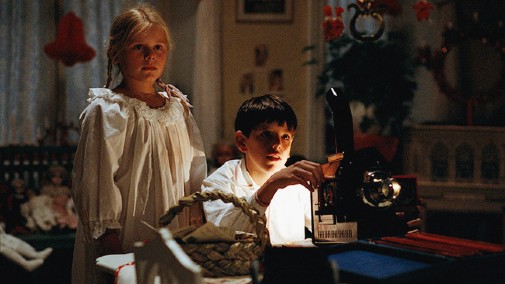Daniel Walber's series on Production Design. Click on the images to see them in magnified detail.
 Yul Brynner, who were celebrating this week for his centennial, was in a lot of very expensive movies. His biggest year was 1956, with The King & I, Anastasia and The Ten Commandments - a combined budget of over $20 million. But there were plenty to follow. Studios saw Brynner as a generic racial and ethnic “other,” which got him cast in all sorts of bloated historical, international, orientalist pictures. Which also means, of course, that many of his movies are entirely worthy of consignment to the dustbin of Hollywood history.
Yul Brynner, who were celebrating this week for his centennial, was in a lot of very expensive movies. His biggest year was 1956, with The King & I, Anastasia and The Ten Commandments - a combined budget of over $20 million. But there were plenty to follow. Studios saw Brynner as a generic racial and ethnic “other,” which got him cast in all sorts of bloated historical, international, orientalist pictures. Which also means, of course, that many of his movies are entirely worthy of consignment to the dustbin of Hollywood history.
Intriguingly, though, he did occasionally work beyond Hollywood. In the late 1960s he joined Orson Welles, Sergei Bondarchuk, Franco Nero and Curd Jürgens in Yugoslavia for The Battle of Neretva. A World War Two Partisan film directed by Veljko Bulajić, a Partisan veteran himself, it ranks as the most expensive production in the history of Yugoslavia - and potentially in Brynner’s career, as some estimates push it into Ten Commandments territory...
Click to read more ...
 Monday, November 11, 2024 at 11:00AM
Monday, November 11, 2024 at 11:00AM 






